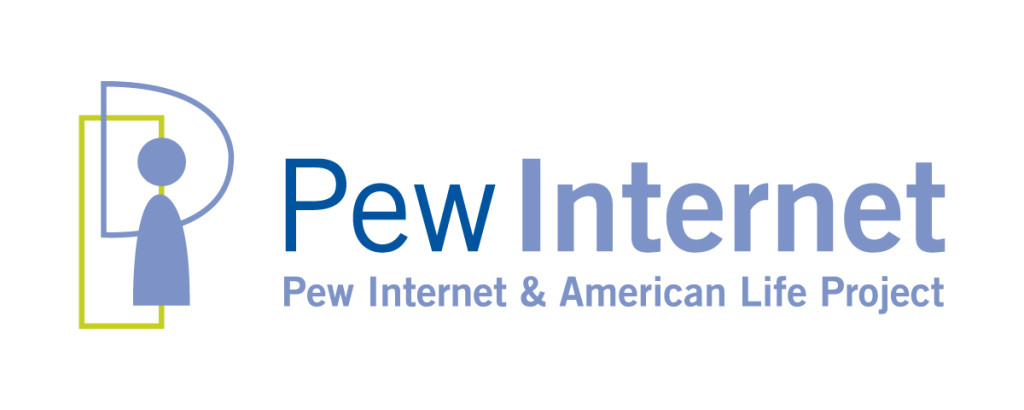 Online privacy, which has raised the concern level among people to a totally new level will continue to expand over the next decade. According to the market experts and the survey that was conducted among them, due to lack of proper systems to create a balance between personal data collection and user right, the online privacy will continue to thrive. According to a co-author of the report and director of the Pew Research Internet Project, Lee Rainie, most number of people who are dependent on online work, have an unparalleled situation comprising of omnipresent surveillance. He added the survey report clearly indicated that no two experts share the same view about the existence of any trusted privacy infrastructure. The experts feel that privacy is no longer an issue as most of the people are willingly giving out their personal information online. He supported this view by adding that today people share most of their personal information to form friendships, grow their groups.
Online privacy, which has raised the concern level among people to a totally new level will continue to expand over the next decade. According to the market experts and the survey that was conducted among them, due to lack of proper systems to create a balance between personal data collection and user right, the online privacy will continue to thrive. According to a co-author of the report and director of the Pew Research Internet Project, Lee Rainie, most number of people who are dependent on online work, have an unparalleled situation comprising of omnipresent surveillance. He added the survey report clearly indicated that no two experts share the same view about the existence of any trusted privacy infrastructure. The experts feel that privacy is no longer an issue as most of the people are willingly giving out their personal information online. He supported this view by adding that today people share most of their personal information to form friendships, grow their groups.The survey was conducted among 2,500 technology analyst and experts, wherein they were questioned about expecting a secure, popularly accepted and trusted privacy-rights infrastructure by the year 2025. The results of the response received indicated that 55% of them stated that they don’t expect any infrastructure but the remaining 45 % still hope for the same. Some of the technology experts even added that new privacy protections might arise due to the repercussion over the online data collection and surveillance.Lee Rainie added that some of the experts felt that the repercussion against privacy invasions in people’s digital lives will motivate the structuring of a new symmetry between governments, consumers, and businesses and more-tech-savvy citizens. People will start getting more focused on what information they want to share and what they should hide. But still privacy will remain a hot topic in the future as well. According to Janna Anderson, director of Elon University’s Imagining the Internet Center, many experts feel that it is impossible to create an efficient privacy rights system. The experts feel that there are is very less incentive for industry and government to reverse the existing invasive status quo, but on the other hand, they have lots to gain from the ongoing losses of civil rights in terms of data ownership and individual privacy. Experts feel that as time goes by, people will start accepting privacy and invasion as part and facet of life.
As per Danah Boyd, a research scientist for Microsoft, in the next decade, corporate greed and politics will completely change the dynamics of the privacy and security issues. According to Mark Rotenberg, president of the Electronic Privacy Information Center, the next decade will see more and more privacy issues. He added that the next few years will see more war over mobility, the control of identity, private life, and communication. With Google and Facebook, sharing personal information for commercial purpose clearly depicts as to what lies for the people in the next few years.

 How Code Compliance Impacts Modern Construction Projects
How Code Compliance Impacts Modern Construction Projects  Smart Ways to Protect and Style Your Vehicle with Window Tinting
Smart Ways to Protect and Style Your Vehicle with Window Tinting  Sara Saffari Height: Exact CM/Feet, Real‑World Perception, and Comparisons
Sara Saffari Height: Exact CM/Feet, Real‑World Perception, and Comparisons  What to Do When Your New Car Has Issues
What to Do When Your New Car Has Issues  Top Reasons Companies Are Outsourcing Their Customer Support in 2025
Top Reasons Companies Are Outsourcing Their Customer Support in 2025  Future Trends in Voice Over IP
Future Trends in Voice Over IP  TV Off Lyrics Meaning: Themes, Context, and Why It Resonates
TV Off Lyrics Meaning: Themes, Context, and Why It Resonates  Leanne Morgan Net Worth: 2025 Earnings, Income Streams, and Career Milestones
Leanne Morgan Net Worth: 2025 Earnings, Income Streams, and Career Milestones  Why Sexual Harassment Training Is Essential for a Respectful Workplace
Why Sexual Harassment Training Is Essential for a Respectful Workplace 